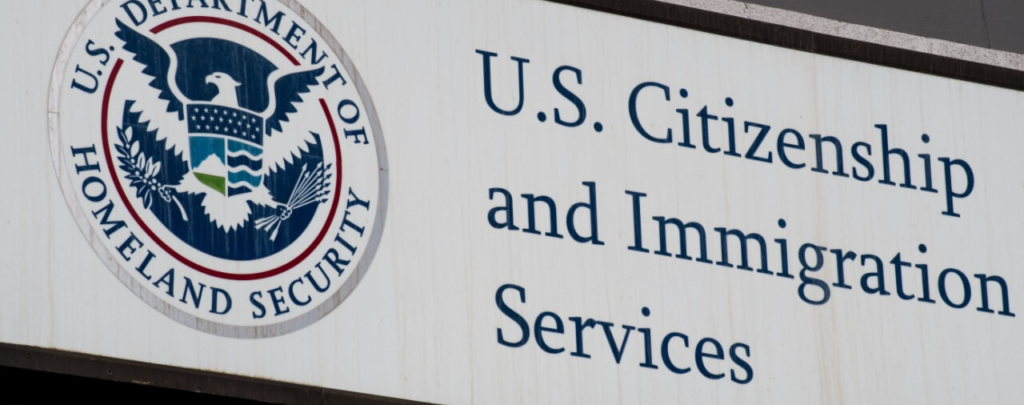On January 10, 2018, Judge William Alsup of the United States District Court for the District of Northern California issued a preliminary injunction against the Trump Administration’s decision to rescind the Deferred Action for Childhood Arrivals (DACA) program [see order]. To learn about the DACA rescission and what it means more broadly, please see our comprehensive article on the subject [see article].
Judge Alsup ordered the Trump Administration “to maintain the DACA program on a nationwide basis on the same terms and conditions as were in effect before the rescission on September 5, 2017, including allowing DACA enrollees to renew their enrollments…” However, Judge Alsup added three exceptions to his order that the DACA program be maintained as it was before September 5, 2017:
1. The Department of Homeland Security (DHS) does not have to accept or process new applications from applicants who have never received deferred action;
2. The DHS does not need to grant anyone advance parole under DACA; and
3. The DHS “may take administrative steps to make sure fair discretion is exercised on an individual basis for each renewal application…”
To this effect, Judge Alsup ordered the DHS to “post reasonable public notice that it will resume receiving DACA renewal applications and prescribe a process consistent with this order.”
Judge Alsup provided that his injunction will remain in force pending issuance of a final judgment order by his court or another order.
What does the news mean?
While Judge Alsup issued a sharp rejoinder to the Trump Administration on its decision to rescind DACA, seeming to base the decision on his determination that the legal rationale provided by Attorney General Jeff Sessions for rescinding this exercise of executive discretion was inadequate, there is reason to believe that the victory for the plaintiffs will be short-lived.
While there are legitimate legal debates about whether the DACA program itself is legal, it is quite unusual, if not unprecedented, for a judge to order the President of the United States to affirmatively exercise his discretion in a certain way. For this reason and others, I believe that it is far more likely than not that Judge Alsup’s injunction will be stayed — if not by the United States Court of Appeals for the Ninth Circuit, then by the Supreme Court of the United States — and that the Trump Administration will ultimately prevail in the litigation over its discretionary decision to rescind the DACA memorandum. Were the Supreme Court to side with the Trump Administration on appeal, it would in fact not be the first time the Court has weighed in on this very case. To learn more, please see our blog about the Supreme Court’s unusual 5-4 decision to stay an order for discovery that had originally been issued by Judge Alsup and upheld in part on appeal by the Ninth Circuit [see blog].
While anything is possible, it is likely that the ultimate immigration fate of those who benefit from DACA will not be decided in litigation, but instead by the political branches. For the time being, it is most prudent for DACA beneficiaries and other interested parties to act on the presumption that DACA will be rescinded, but the ultimate resolution of the issue will be decided by the Congress and the president.
As always, we will continue to update the website with news on DACA, including if this case and other ongoing litigation on the issue ultimately creates new options or opportunities for DACA beneficiaries. Please continue to follow our website for up-to-date information on this important issue and other current events in immigration law.





